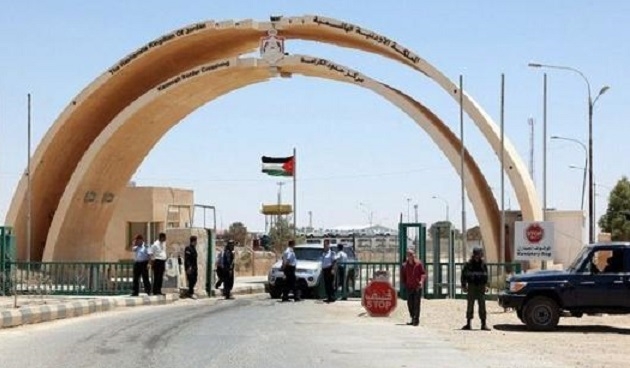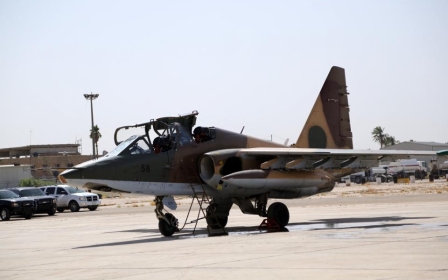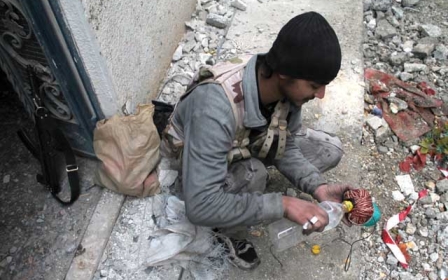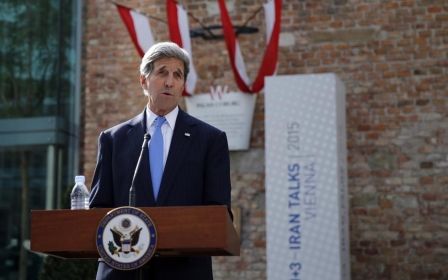Jordan tries man accused of hatching bomb plot for Iran

A Jordanian court tried an Iraqi man behind closed doors on Monday, accusing him of plotting with Iran to plant bombs in the kingdom.
Jordanian authorities sought on Monday to impose a news embargo on the case, known in the press as the “Terror Plotting” trial.
However, reports about the case had already been published by local and regional news sites, with the only available information stemming from unnamed judicial and security sources.
Judicial sources told AFP that the accused is Khaled Kazem al-Rubai, a dual Iraqi and Norwegian national.
Rubai was arrested just north of the capital Amman with 45 kilograms of high explosives, according to a security source who spoke to al-Araby al-Jadeed.
One source suggested that the 49-year-old had been arrested on 3 April 2015, meaning he would have spent over three months in jail without charge waiting for a preliminary hearing, although his arrest date could not be confirmed.
Jordanian officials allege that Rubai was working with the Quds Force, an elite Iranian military force led by Qassem Soleimani, a legendary military commander known to be close to Iran’s supreme leader, Ali Khamenei.
Rubai’s preliminary hearing on Monday was postponed to a later date when the electricity supply to the military courthouse cut out due to a surge in demand.
A judicial source who spoke to AFP said Rubai is facing a number of charges, including “attempting to disrupt the ruling regime” and “associating with an illegal organisation with the aim of carrying out terrorist acts”.
It is likely that Rubai is being tried under Jordan's new anti-terror law, which came into force last April.
The law includes several amendments that human rights groups warned would broaden the definition of terrorism to include any act intended to provoke a change to the constitution and "disturbing [Jordan's] relations with a foreign state".
The start of Rubai’s trial, and allegations surrounding his connection to Iran, come after signs of a possible thaw in relations between Tehran and Amman, which severed formal diplomatic relations in 1980 when the Iran-Iraq war broke out.
Jordan’s foreign minister visited Tehran in March, becoming the first high-level Jordanian official to do so in almost a decade.
Despite a possible détente, Iran and Jordan remain divided over their policies towards Syria, which borders the Hashemite kingdom to the north.
Jordan is hosting a US-led programme to train a small numbers of so-called “moderate” Syrian rebels, while Iran is a key backer of Syria’s embattled President Bashar al-Assad.
New MEE newsletter: Jerusalem Dispatch
Sign up to get the latest insights and analysis on Israel-Palestine, alongside Turkey Unpacked and other MEE newsletters
Middle East Eye delivers independent and unrivalled coverage and analysis of the Middle East, North Africa and beyond. To learn more about republishing this content and the associated fees, please fill out this form. More about MEE can be found here.




